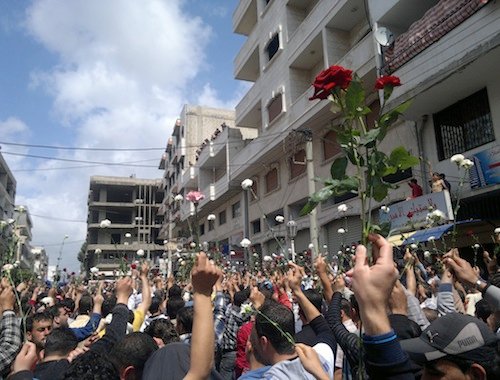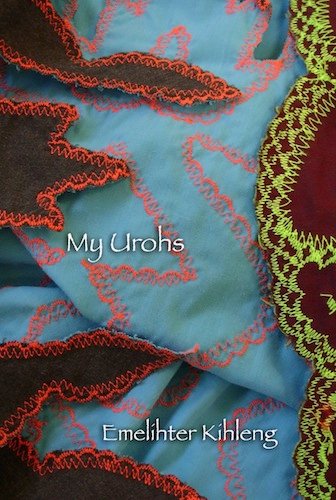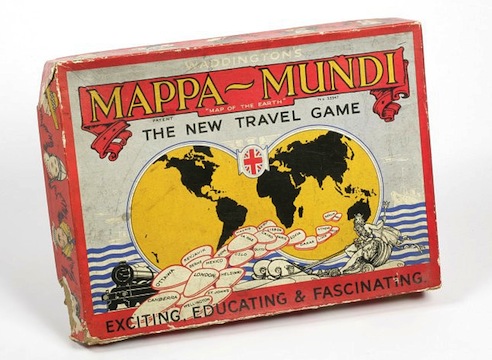This is a first person account of being kidnapped and held for ransom by Somali pirates. Roucou was the captain of the Indian Ocean Explorer, a boat from the Seychelles which was chartered by tourists for diving and fishing — although only the crew was on board when the boat was captured.

It’s what you might expect: quite an interesting story told by someone who isn’t primarily a writer. He does a perfectly good job of telling what happened, but it’s not full of amazingly evocative description or profound psychological insight.
Still, it is an interesting story, and it does give an idea of the incredibly difficult situation he was in, being the man who had to interact face-to-face with the pirates while only having a very limited sense of what negotiations were happening in the background, and very rarely being given a chance to call the Seychelles, but only with the pirates listening in to his calls.
88 Days is my book from the Seychelles for the Read The World challenge.
» The photo, Royal Marines on Counter Piracy Operations Near Somalia, is © the Ministry of Defence and used under a CC by-nc licence. It’s not directly relevant to this book — no swooping in by Royal Marines was involved in the story — but at least it’s a CC licensed image related to Somali piracy.



